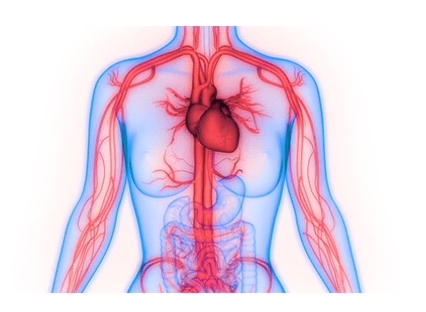
PAD Diagnosis. Now what do I do?

The following are some of the tests your doctor may use to detect peripheral artery disease:
Examination of the body. A weak or absent pulse below a narrowed area of your artery, whooshing sounds over your arteries that can be heard with a stethoscope, evidence of poor wound healing in the area where your blood flow is restricted, and decreased blood pressure in your affected limb are all signs of PAD that your doctor may find during a physical exam.
Ankle-brachial index is a measurement of the distance between the ankle and the wrist (ABI). This is a frequent test for detecting PAD. The blood pressure in your ankle is compared to the blood pressure in your arm.
Your doctor will take your blood pressure using a standard blood pressure cuff and a specific ultrasound instrument to assess blood pressure and flow.
You can walk on a treadmill and have readings taken before and after to determine the degree of the constricted arteries.
Ultrasound. Doppler ultrasound and other special ultrasound imaging techniques can assist your doctor assess blood flow through your blood vessels and locate blocked or constricted arteries.
Angiography. This test lets your doctor to see blood flow through your arteries as it happens by injecting a dye into your blood vessels. Your doctor can use imaging techniques including X-rays, magnetic resonance angiography (MRA), or computed tomography angiography to track the dye's passage.
Catheter angiography is an invasive treatment that includes inserting a short hollow tube (catheter) into a groin artery and infusing dye into the afflicted region. This sort of angiography helps your doctor to diagnose and repair a clogged blood artery right away. Your doctor can enlarge a restricted blood artery by inserting and inflating a small balloon or by delivering medicine that enhances blood flow after locating the narrowed location.
Blood tests. A sample of your blood can be used to measure your cholesterol and triglycerides and to check for diabetes.
We are just a call or click away. To learn more, book an appointment online or over the phone with PeachState Advanced Cardiac & Endovascular. We have several locations in Georgia: Newnan, Atlanta, & Griffin.
You Might Also Enjoy...


Feeling Faint

Should I be worried about my numb feet?

Can leg cramps be a sign of something serious?

Meet Dr. Odiete - PACE Cardiovascular Specilaist


